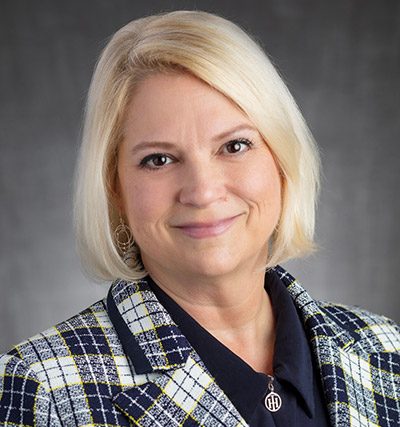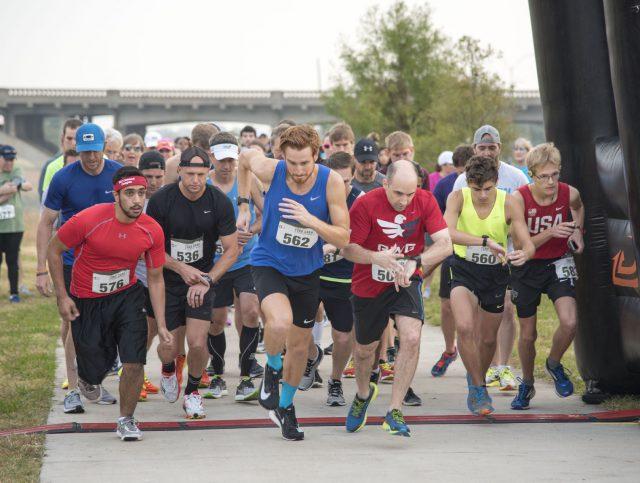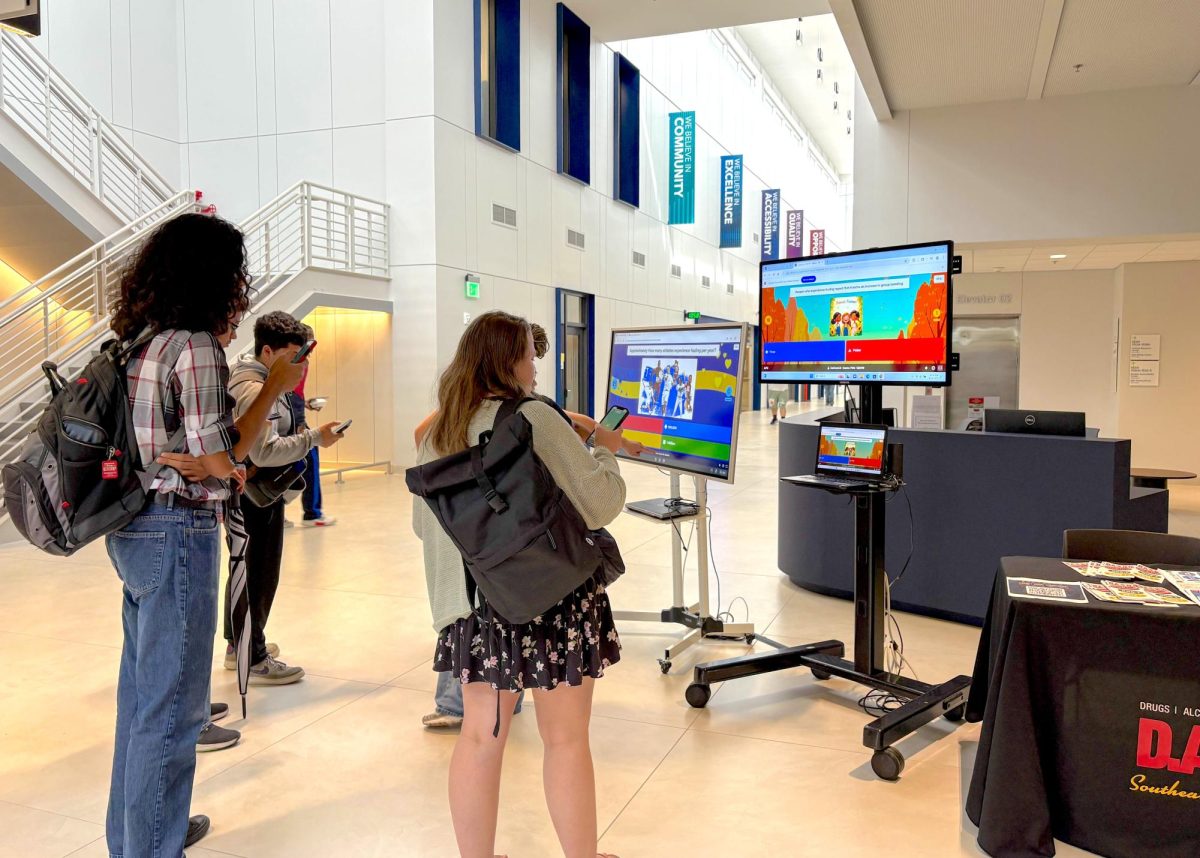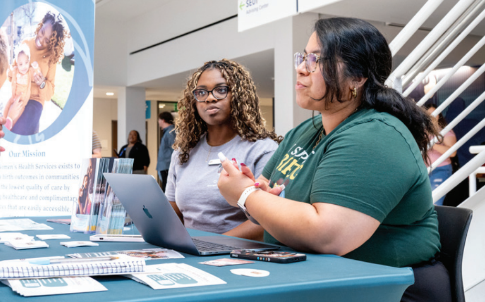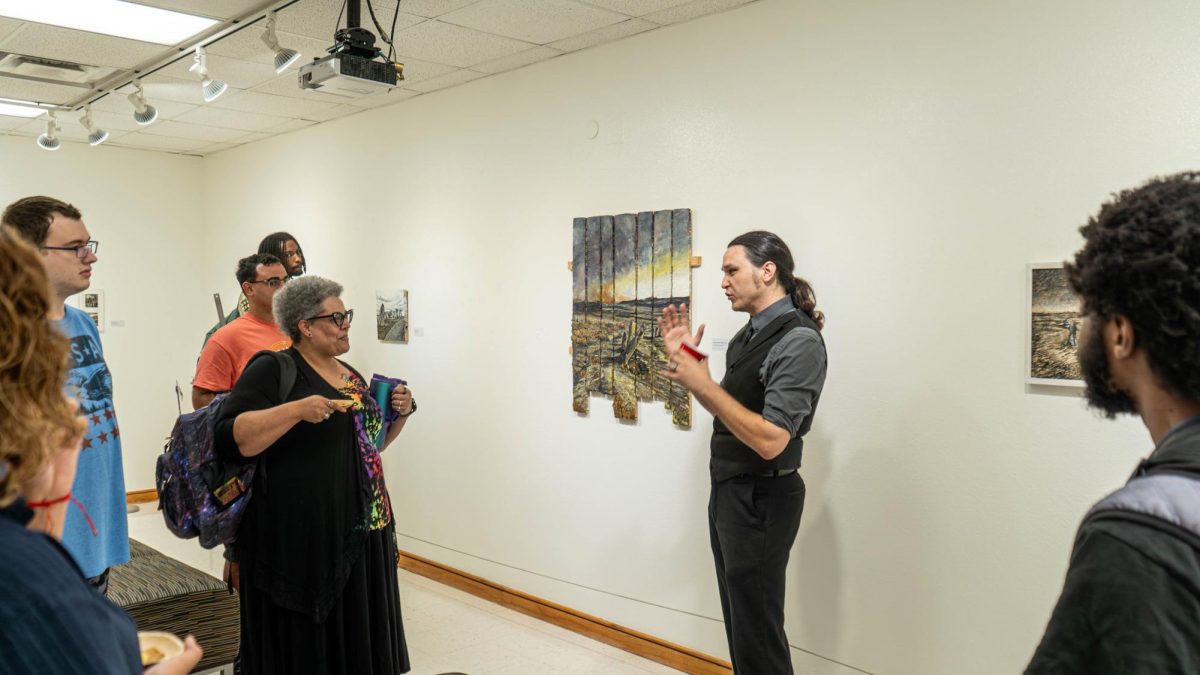By Alisha Thompson/reporter
SE Campus students, faculty and staff learned about how to treat transgender people in an Oct. 27 session called Transgender Cultural Awareness.
They learned to define sex and gender terms, understand the rights and protections of transgender people and identify ways to respect the dignity and privacy of those in transition.
“Transition is the process of medically, legally and socially changing from one gender to another,” SE safe space facilitator and counselor Carisa Givens said.
Always call transgender people by their chosen name and preferred pronouns, Givens said.
“Gender identity is who one believes themselves to be either female, male or other genders. Gender expression is how one presents themselves to the world regarding society’s expectations,” SE safe space facilitator and dual credit coordinator Edward Hicks said. “Sex assigned at birth is either CAFAB, coercively assigned female at birth, or CAMAB, coercively assigned male at birth.”
Attendees were given a vocabulary worksheet created by the Midwest LGBTA College Conference. They learned key gender identity terms, gender expression, sexual/romantic orientation and biological sex of the LGBTQIAA+ community.
“A lot of terminology I didn’t know, the worksheets were helpful,” said SE adjunct history and dual credit instructor Cynthia Ingham. “It needs some studying, especially since the terminology changes a lot.”
In Latin, the word “cis” means “on this side of.” Those whose gender at birth matches their gender identity are called “cisgender.” “Trans,” in Latin, means “on the other side of,” and is an umbrella term for people whose gender differs from their birth gender.
One should never purposefully “out” a member of the transgender community because it can become dangerous, cause intimidation, harassment, physical violence or even death. Many trans people are killed every year just because other people find out they are trans.
The National Center for Transgender Equality estimates 1.4 million Americans are transsexual. The American Psychological Association estimates transsexualism is about 1 in 10,000 for biological males and 1 in 30,000 for biological females.
“Being open-minded is extremely important to have a healthy, functioning society and campus environment,” Hicks said. “This is a training that everyone can benefit from.”

























